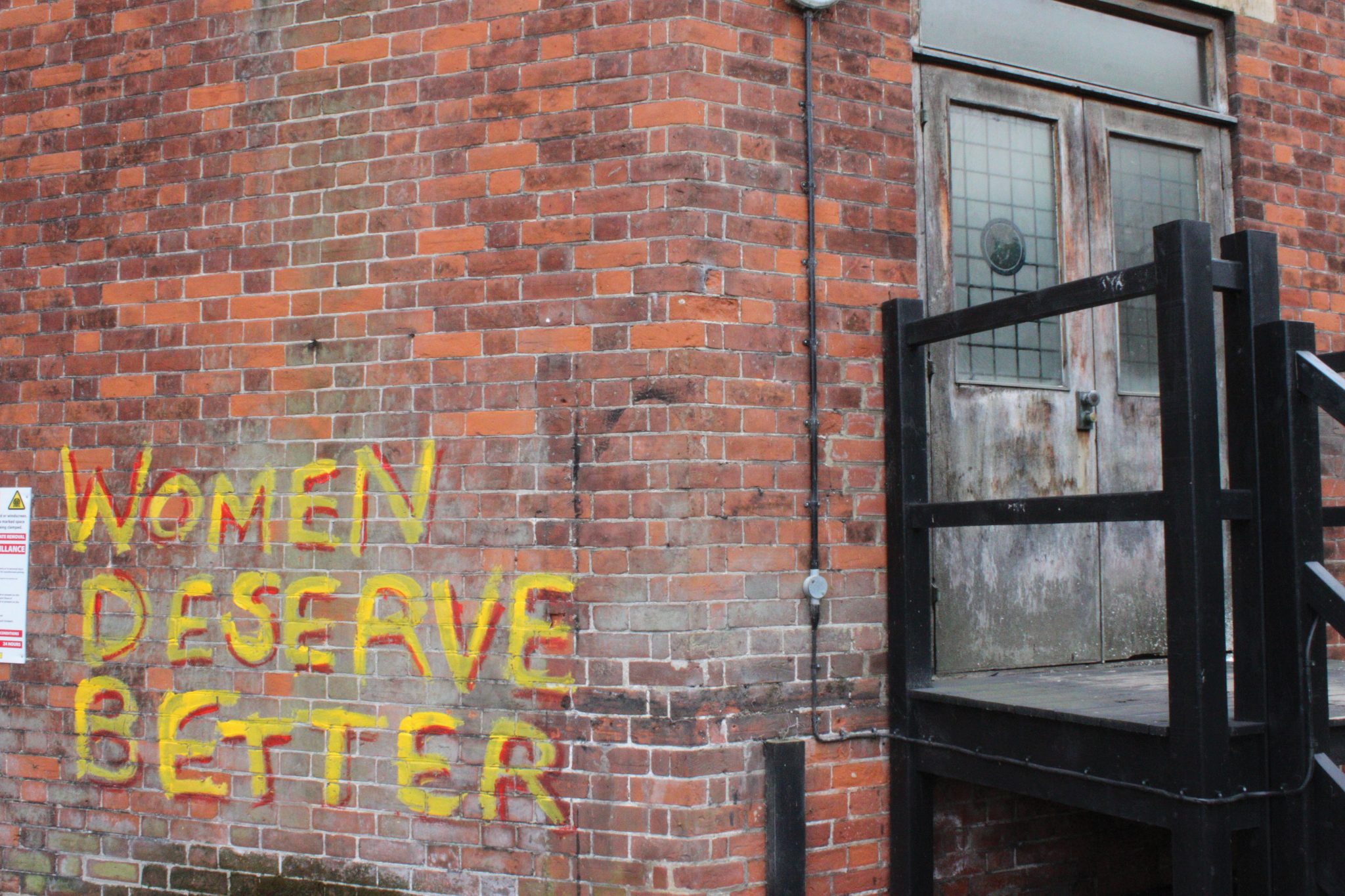“Me too” isn’t an effective internet movement


This Monday, my Facebook feed blew up with young women setting “me too” as their status, showing that they are a survivor of sexual harassment and/or assault.
The idea behind this initiative is that if every woman shared this as their status, people would understand how large the problem of sexual violence is in our modern society.
As touching as that is, it’s completely missing the mark.
Everyone’s experience with sexual violence is going to be different. It’s an extremely personal topic that can’t be summarized in two words.
Women are posting the same words, regardless if they have been catcalled or if they have been raped. They’re the same, regardless of the varying impacts that the experiences have had on their lives.
All sexual violence is understandably vile, but some acts are way easier to talk about than others.
Is a woman who has been raped and doesn’t want to face her experience in front of hundreds, if not thousands, of Facebook friends now not contributing to the movement? Does she not stand for women’s wellness?
I have to face the effects of acts of sexual violence that have happened to me every day of my life.
Sometimes they keep me up at night, thinking about what I could have done differently, what would happen if my family and friends found out or what I would do if – when – it ever happens again.
So here’s a radical idea: instead of only listening to a blanket statement that reduces women’s’ issues to two words, let’s actually treat women as people.
I don’t have to be a symbolic martyr for any cause, typing “me too” to have people see my trauma because that doesn’t even begin to cover how sexual violence has affected my life.
My experience is not like the hundreds of other powerful young women that I am connected with on Facebook, nor will their experience be like mine.
“Me too” diminishes each of our encounters to a blanket statement that reduces me to a statistic instead of a lived experience.
Of course it’s easier to accept simple words than actual stories that are hard to listen to and even harder to tell.
Giving women an opportunity to share is great, but making it a requirement – and one with limitations – is oppressive in itself.
What happened happened, and it’s messed me up. I don’t want to have to face that more than I have to.
So telling me that “if every woman did this, people would understand” is an insult. I have no obligation to share anything and neither does any other person in my position or one similar to mine.
Telling me that I am required to continue a cause that gives me personal harm is a case of victim-blaming if I’ve ever seen one.
Even worse, this whole mob mentality isn’t going to do anything to actually fix the problems that they are being addressed.
If you’re not listening to women as individuals, you’re not going to listen to two words repetitively typed at you for one day.
This is a perfect example of slacktivism. We are setting passive words, feeling good about ourselves and then doing absolutely nothing to actually help the people who are suffering from these acts and the trauma associated with them.
So here’s a radical idea: instead of only listening to a blanket statement that reduces women’s’ issues to two words, let’s actually treat women as people.
Listen to our experiences when we want to share them. Trust that there’s a reason if we don’t.


